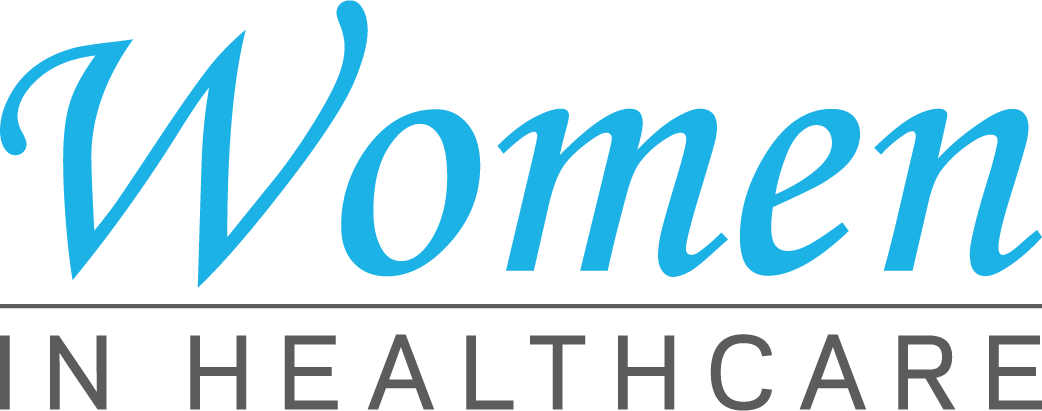Comprehensive Healthcare RCM for Improving Patient Billing and Payments
Unveiling the Conveniences of Healthcare RCM in Improving Performance and Accuracy in Income Cycle Management
In the quickly developing medical care landscape, the importance of Revenue Cycle Monitoring (RCM) can not be overemphasized. As health care carriers strive for precision and efficiency, RCM arises as a critical device in enhancing operations, lessening mistakes, and boosting economic end results.
Streamlining Administrative Tasks

On top of that, the combination of electronic health and wellness documents (EHR) with RCM systems promotes real-time data gain access to and sharing, enabling medical care experts to make educated choices quickly. This interconnectedness not just improves interaction in between administrative and clinical teams but additionally boosts individual satisfaction by reducing waiting times and billing disparities - Healthcare RCM. Additionally, structured management procedures permit much better conformity with governing criteria, mitigating dangers connected with audits and penalties
Eventually, the emphasis on refining administrative jobs in RCM brings about cost financial savings and boosted financial efficiency. By spending in automation and enhancing operations, health care companies can accomplish a more lasting revenue cycle, making certain long-term stability and the ability to adapt to progressing sector demands.
Enhancing Insurance Claims Handling
How can healthcare companies boost the efficiency of their claims handling? By utilizing automation and advanced analytics, RCM systems improve the facility and often cumbersome claims refining tasks.
Moreover, real-time analytics play a critical duty in improving insurance claims processing efficiency. These analytics devices give understandings into bottlenecks and possible denials, permitting healthcare service providers to resolve issues proactively. Predictive analytics can forecast patterns in claim denials, making it possible for preemptive procedures to minimize them, thus decreasing the time taken for claims to be refined and authorized.
Furthermore, the fostering of digital health and wellness documents (EHR) integrated with RCM systems makes certain smooth data circulation, minimizing redundancies and raising the accuracy of info submitted in insurance claims. A regular feedback loop promoted by RCM systems further fine-tunes the process, fostering constant renovation.
Eventually, by leveraging technology-driven solutions in insurance claims refining, health care companies can enhance operational efficiency, boost cash money flow, and provide a smoother experience for clients and team alike.
Minimizing Financial Mistakes
Precise monetary administration is critical in medical care, where minimizing economic mistakes can substantially impact operational success. Monetary mistakes, whether due to incorrect payment, coding errors, or mismanagement of client accounts, can result in significant revenue loss and stretched relationships with payers and clients. Resolving these errors is essential to maintain a healthcare organization's monetary wellness and boost its credibility.
Healthcare Earnings Cycle Management (RCM) plays a crucial duty in reducing such errors with structured procedures. By applying standardized treatments for billing, coding, and collections, doctor can guarantee that economic purchases are managed with accuracy. Comprehensive training for staff on existing coding laws and billing methods additionally minimizes the probability of mistakes, ensuring claims are appropriately refined and repaid.

Additionally, extensive audits and routine monetary testimonials within the RCM structure allow for the very early detection and improvement look at here now of inconsistencies. Making certain accuracy in person information entrance and confirmation better alleviates mistakes, as this is typically a key source of errors. By concentrating on these tactical locations, health care organizations can reduce monetary errors, thus safeguarding their profits streams and boosting general operational effectiveness.
Leveraging Advanced Technologies
In today's rapidly advancing health care landscape, leveraging sophisticated innovations is necessary for enhancing Profits Cycle Management (RCM) processes. By incorporating cutting-edge options such as expert system (AI), machine discovering (ML), and robotic procedure automation (RPA), doctor can considerably improve the efficiency and precision of their RCM operations. These technologies aid in improving repetitive jobs, reducing manual errors, and allowing faster handling of claims.

Furthermore, the combination of blockchain modern technology improves data safety and security and openness within RCM (Healthcare RCM). It makes sure that delicate info is safeguarded while maintaining an unalterable record of purchases. This is crucial for developing trust fund with stakeholders and patients
Boosting Financial Performance
Building on the effectiveness acquired via sophisticated innovations, health care companies can substantially improve their monetary efficiency by refining their Profits Cycle Monitoring (RCM) techniques. By maximizing invoicing procedures, lessening insurance claim denials, and enhancing cash money flow, health care establishments can attain better financial stability.
In addition, data analytics within RCM systems provide useful insights right into operational bottlenecks and economic patterns. By leveraging these understandings, medical care suppliers can make enlightened decisions to boost monetary outcomes, such as readjusting payment techniques or renegotiating payer agreements. Boosted precision in coding and paperwork better lowers case denials and audits, read what he said fostering a smooth income cycle.
Furthermore, client interaction tools integrated within RCM systems enhance individual fulfillment by supplying transparent billing info and versatile repayment choices. This transparency not only improves patient-provider relationships but also encourages prompt settlements, lowering superior receivables.
Verdict
Health Care Profits Cycle Administration considerably optimizes efficiency and precision by enhancing administrative tasks and enhancing claims processing. Through the reduction of monetary errors and the integration of advanced technologies such as AI and anticipating analytics, RCM promotes conformity with invoicing codes and offers beneficial understandings right into monetary patterns. This systematic strategy not only lessens possible insurance claim denials but also improves financial efficiency, thus cultivating count on and openness with clients and stakeholders within the medical care system.
As health care companies strive for precision and performance, RCM emerges as a crucial tool in simplifying operations, lessening errors, and improving economic outcomes.Enhancing administrative tasks in health care revenue cycle administration (RCM) offers considerable advantages by enhancing operational performance and reducing the problem on team.Healthcare Profits Cycle Management (RCM) plays a critical duty in minimizing such errors via structured processes.In today's quickly progressing medical hop over to here care landscape, leveraging advanced innovations is necessary for maximizing Revenue Cycle Management (RCM) processes.Structure on the performances gained through sophisticated innovations, health care companies can significantly enhance their economic efficiency by improving their Revenue Cycle Management (RCM) techniques.